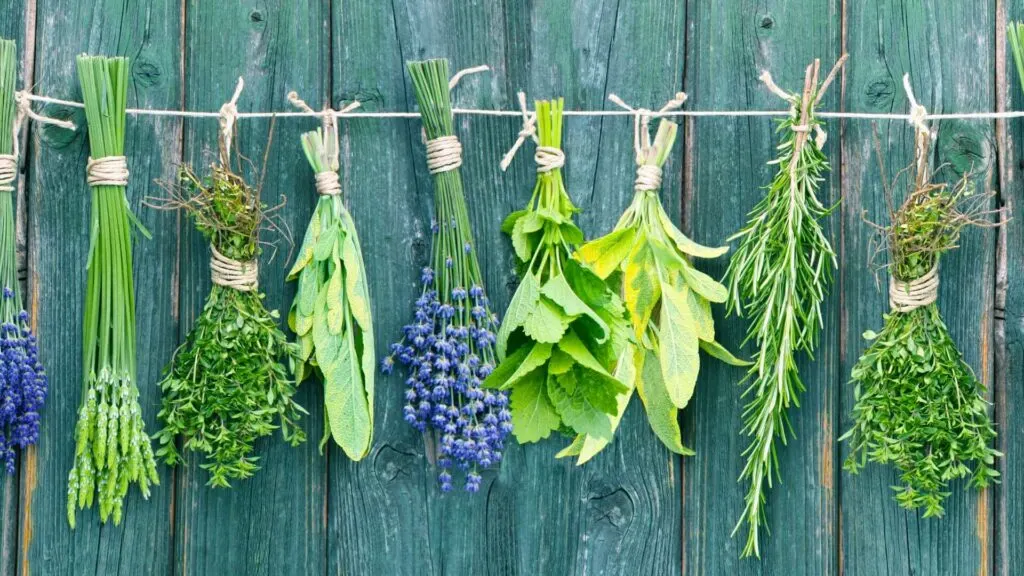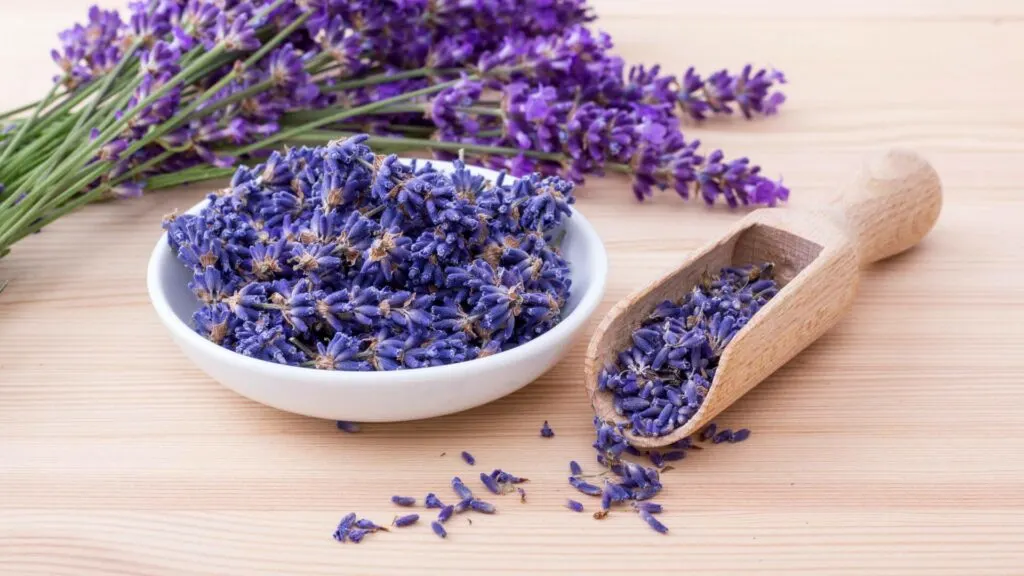Traditional medicine is all about utilizing natural resources to maintain health and well-being. While modern medicine is on the rise lately, you must pay attention to the goodness of natural remedies. Certain therapeutic herbs possess multiple qualities, ranging from culinary to medicinal properties.
Moreover, it comes packed with a rich aroma, delectable taste, and drool-worthy flavors. You may try herbs like lavender, peppermint, chamomile, or basil to enrich your daily nutrition.
Here are the top ways herbs prove immense potential in promoting well-being.

1. Peppermint
One of the most potent herbs, i.e., Peppermint or Mentha Piperita possesses innumerable therapeutic properties. It grows native to the European and Middle East premises and contains menthol as the active constituent. Other than this, the herbal extracts contain menthone and cineol. Such a diverse composition aids in multiple vital functions, ranging from digestion to respiratory function.
Experts reveal that adding peppermint to your daily meals can alleviate mild aches, improve cardiovascular function, and act as a bronchodilator. Further, it may soothe headaches, muscular cramps, and skin-related ailments. Try including pure herbs in your lifestyle for wholesome and healthy living.
When it comes to using pepper extracts, you can try creating different recipes. From consuming peppermint-infused beverages to using it as a flavoring agent, you can try the diverse ways available. The oil extracts of the herb are effective as a topical agent and can prevent skin inflammation.
2. Chamomile
Another herb, i.e., Matricaria chamomilla or chamomile, is quite potent and offers many therapeutic benefits. It contains significant constituents of terpenoids, namely bisoprolol, matricin, and chamazulene. Also, the herbal extracts provide other compounds like flavonoids, hydroxy coumarins, and mucilages.
Such a diverse chemical composition makes the herb a potent anti-inflammatory and antioxidant. On top of this, it may provide relief from several conditions like hay fever, muscular spasms, and aches. Experts reveal that chamomile can treat mild skin inflammation and irritation. Also, it potentiates as a sedative and muscle relaxant to counter unexplained pains or soreness.
If you’re wondering how to incorporate the herb into your daily life, try the beverage options. Chamomile tea may be the right choice to start your day on a refreshing note. You may also consider herbal extracts, infusion oils, and bath bombs.
3. Echinacea
Did you know that the echinacea plant benefits multiple vital organs of your body? Echinacea or coneflower plants have many effective constituents like polysaccharides, glycoproteins, alkamides, volatile oils, and flavonoids. It can curb skin-related conditions like dermatitis and itchy rashes. Moreover, herbal extracts can enhance immune function and relieve viral infections.
Research reveals that using echinacea may potently treat mild to moderate cough, common cold, and related symptoms. This is because the herbal extracts can limit the severity and duration of respiratory infections. You may also consider the herb for other conditions concerning your skin, ear, and reproductive organs.
Most people like to take echinacea in the form of tinctures or tea. However, you may consider other ways, like ointments, lotions, and oil preparations for daily use. Make sure to use the herb in the right dosage and frequency after an expert consultation.
4. Lavender

There’s no doubt about the fact that lavender herbs appear mesmerizing with their purple hues and breath-taking fragrance. But did you know that lavender extracts also hold the utmost therapeutic utility? Lavandula, or Lavender, is a herb native to the mountain ranges of the Mediterranean region. It possesses several effective constituents that act on different receptors in your body.
Some constituents like linalool, linalyl acetate, 1,8-cineole, and β-ocimene may help facilitate different vital functions. It induces a sense of relaxation and can help counter anxiety issues. Also, the herb may be beneficial for aromatherapy and can improve your sleep cycle.
Studies also reveal that lavender can be an excellent aid for digestion and gut health. For daily use, you may consider lavender tea, infusion oils, lotions, or dried flowers. Not only will it help improve your physical health, but it may also curb mental health issues.
5. Rosemary
Rosmarinus is a herb growing in the Mediterranean, Portugal, and northwestern Spain. It possesses many medicinal properties due to its rich chemical composition and potent effects on vital organs. Also, the rosemary extracts contain α-Pinene, 1,8-cineole, camphor, and borneol.
Such constituents act on your brain receptors to induce anti-inflammatory, anxiolytic, and stress-relieving effects. Hence, you can consider the herbal extracts to counter anxiety, inflammation, stress, and unwanted aches. Take herbal teas, oils, or steam-containing rosemary extracts for maximum aid.
Bottom Line
Traditional medicine utilizes the goodness of pure herbal constituents to maintain health and well-being. Moreover, herbal medicines provide the utmost relief and are devoid of any side effects like modern medicine. You can try potent herbs to tackle mild to moderate illnesses and infections.
For this purpose, the lavender extracts may be beneficial in anxiety or related issues. Chamomile is a potent digestive aid and can help uplift your mood. Try peppermint, rosemary, and echinacea to counter respiratory, skin, or other inflammatory conditions. However, consult an expert for guidance on the optimum dosage for your body type.

Jessi is the creative mind behind The Coffee Mom, a popular blog that combines parenting advice, travel tips, and a love for all things Disney. As a trusted Disney influencer and passionate storyteller, Jessi’s authentic insights and relatable content resonate with readers worldwide.
